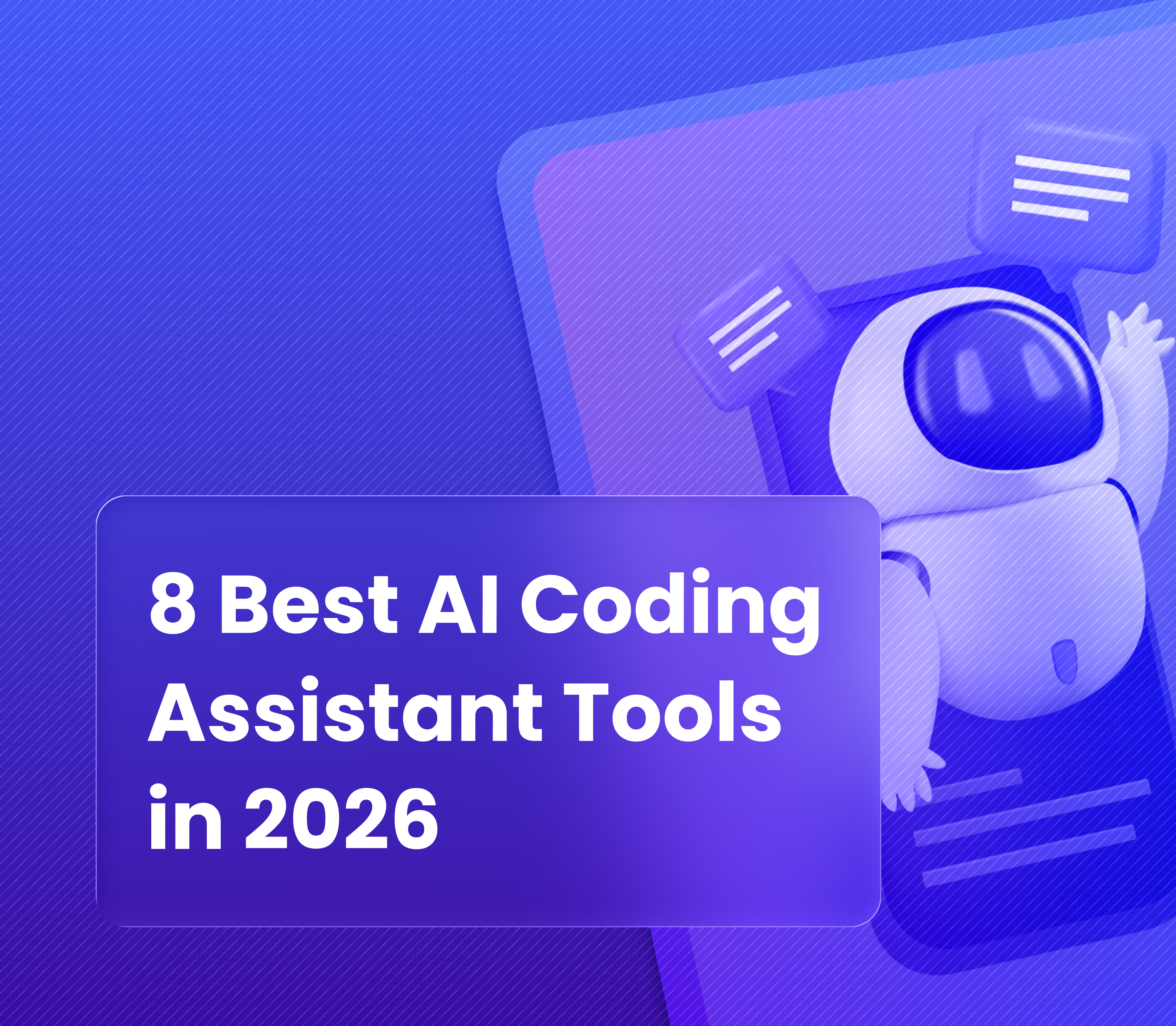As an engineering leader, you're always looking for ways to help your team work more efficiently and effectively. You might have skimmed through titles that say, “99+ ways to use ChatGPT for Developers.”, but you would be soon disappointed that the long list does not solve any specific use case. We, too, felt that way. So, our engineering team came together to build a guide for engineering teams to use OpenAI and LLM tools for real!
ChatGPT is as powerful as the prompts you give it. Corresponding tools add to how well it impacts your final code. As a CTO, I am excited about my team using it to improve the speed of feature releases by shipping better code, using faster testing mechanisms, and using recommendations to keep my environment more secure.
The world in the future is going to start looking like “Developers who use OpenAI vs. those who don’t”. But with the obvious truths comes a lot of speculation and myths, the biggest one being whether it will replace their developers.
Short answer, “No”.
This blog and our download guide is beyond ChatGPT, using tools that are custom built for engineering teams to make their lives easier.
Insecurity and Myth making around ChatGPT
The truth is, ChatGPT/OpenAI/any AI is not going to replace your rockstar team. Instead, it can be a powerful tool to help your team work more quickly and accurately, allowing them to focus on more complex problem-solving and high-value activities. By leveraging tools built using OpenAI and LLMs, your team can create an error-free zone and expedite the development process, leading to better features and faster innovation.
Moreover, ChatGPT can facilitate communication and collaboration within your team by providing context-specific information and answers quickly. This can be particularly helpful for remote teams or when working with team members in different time zones.
One way that ChatGPT can help is by encouraging your engineers to craft better prompts and drive better thinking. When engineers interact with ChatGPT, they need to be specific in their prompts to get the desired output. This forces them to think more critically and articulate their thoughts more precisely, leading to better outcomes faster. This also helps them to develop better communication skills, which can improve team collaboration and productivity.
Take a look at how people are using ChatGPT for code debugging.

Check out the list of tools that can help you with code debugging. Download list here.
Imagine ChatGPT as your Smart Assistant of Engineers
Incorporating ChatGPT and tools built using chatGPT/LLMs into your team's workflow can help streamline repetitive tasks. They come in very handy to those on development teams, QA and testing, and managing security and DevOps.
ChatGPT can be used for reviewing and updating documentation, testing code, or providing quick answers to common questions. It can generate code snippets based on the input given by the developer and also generate code templates, test cases, and other repetitive tasks. This can help create new code faster, leading to faster innovation. It also helps to reduce the workload on your team, giving them more time to focus on the more important aspects of the development process.
ChatGPT can also help with refactoring and fixing old code faster, reducing tech debt. As a large language model, ChatGPT can suggest fixes for syntax errors and offer code completion suggestions for developers in real time with tools like linters and IDEs. This can help your team to identify and fix issues faster, leading to higher-quality code and less technical debt over time.
In addition to helping with code creation and refactoring, ChatGPT can also support your QA and testing teams by shipping better-quality features. It can assist with code refactoring by suggesting improvements to code structure and identifying potential design pattern implementations. This can help to reduce the number of bugs and issues that make it into production, leading to better customer satisfaction and higher revenue for your business.
Get Started with ChatGPT
To get started with ChatGPT, it's important to have the right tools and resources at your disposal. That's why we've put together this comprehensive guide that includes a repository of ChatGPT tools that are helpful to engineering teams. This resource can help you find the right tool for your specific needs and ensure that you're getting the most out of this powerful technology.
15 use cases and more to use ChatGPT and AI tools for Engineering teams
It’s not just a list of use cases using ChatGPT. Our engineering team has discovered and tested tools built using OpenAI and LLMs, that match those use cases. We have also figured out corresponding programming languages that those tools can handle on behalf of your engineering team.
Here’s your opportunity to boost developer productivity and help your engineers ship better code.









.png)
.png)



